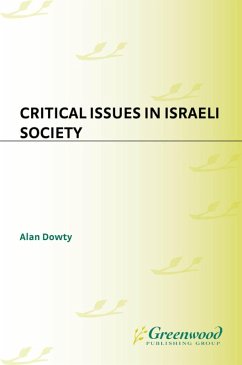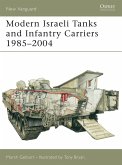Fashioning a working political structure in Israel that will bring together all aspects of society, from Jews to Arabs, ultra-Orthodox to assertively secular, has never been easy. However, two developments have intensified this challenge: demographic changes have sharpened the differences between the groups; and open challenges of legitimacy have undermined the previous de facto acceptance of pluralism. There has been no strong civic framework of Israeliness to replace Zionism as a shared identity that would override more parochial identities and interests. Added to these pressures are the collapse of the peace process in late 2000 and the influence of global developments on the Arab-Israel conflict and on Israeli domestic society.
In this volume, twelve noted scholars of Israel present authoritative and analytic overviews of these important issues. The ability of the Israeli political system to bridge differences through a Jewish tradition of power-sharing has, in the past, managed to overcome enormous divisions, at least within the Jewish sector. Economic progress and globalization have brought Israel closer to other developed societies in many respects, while exposing Israel to pressures associated with these trends. Closer analysis of these critical issues reveals that there are also positive forces at work as the nation seeks a broader synthesis of its Jewish legacy and universal liberal values.
In this volume, twelve noted scholars of Israel present authoritative and analytic overviews of these important issues. The ability of the Israeli political system to bridge differences through a Jewish tradition of power-sharing has, in the past, managed to overcome enormous divisions, at least within the Jewish sector. Economic progress and globalization have brought Israel closer to other developed societies in many respects, while exposing Israel to pressures associated with these trends. Closer analysis of these critical issues reveals that there are also positive forces at work as the nation seeks a broader synthesis of its Jewish legacy and universal liberal values.









